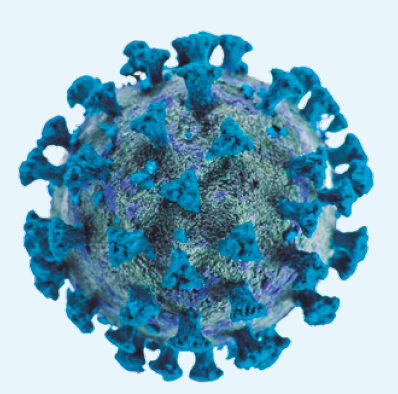
Animal Health & Pathology
A Modern Approach to Infectious Bronchitis Control in Poultry
To read more content about aviNews International Septermber 2025
Animal Health & Pathology
To read more content about aviNews International Septermber 2025
Understanding the Threat of Infectious Bronchitis
Infectious Bronchitis (IB) remains a major concern in the poultry industry due to its economic and health implications. The disease, caused by the Infectious Bronchitis Virus (IBV), primarily affects the respiratory system but can also impact the reproductive and renal systems.
The Nature of the Virus and Its Spread
IBV is highly contagious, with studies indicating that a single infected bird can transmit the virus to up to 20 others.This exponential spread underscores the importance of robust biosecurity, vigilant monitoring, and strategic vaccination.

Building a Strong Vaccination Foundation
Vaccination is a cornerstone of IB control. A successful strategy relies on three pillars:
Key considerations include maintaining vaccine storage temperatures between 2°C and 8°C, using demineralized water for reconstitution, and employing flatnozzle spray equipment to ensure uniform coverage.
IBV’s ability to mutate and recombine leads to the emergence of multiple strains, often co-circulating within the same region. Broadspectrum cross-protection is essential to safeguard flocks against this diversity.
Combining vaccines such as IBird (strain 1/96 – GI-13) and Massachusetts (GI-1) enhances immunity across various serotypes. This approach helps maintain respiratory integrity, reduces secondary infections, and supports optimal growth performance.
Controlling Infectious Bronchitis requires a comprehensive strategy that integrates vaccination, biosecurity, and flock management.
Beyond clinical protection, controlling virus shedding is crucial for long-term IB management. Reducing environmental viral load limits transmission, lowers the risk of secondary infections, and improves overall vaccine efficiency
Effective control strategies can significantly reduce the virus’s reproduction rate (R0), curbing its exponential spread and protecting future flocks.
By focusing on both protection and prevention—through broad-spectrum vaccination and virus shedding control— poultry producers can safeguard flock health, enhance productivity, and secure long-term profitability.
A proactive, science-based approach is key to sustainable poultry production in the face of evolving IBV challenges.